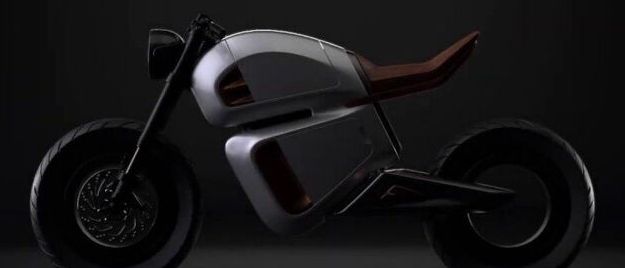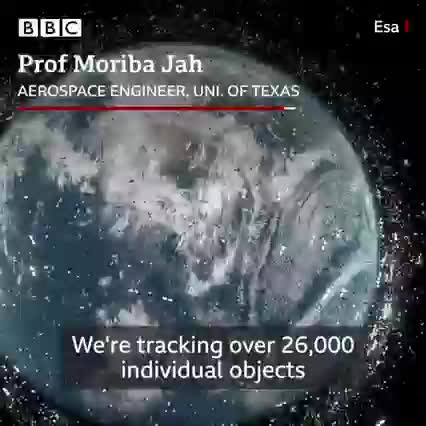Audacious French company Nawa showed off a concept bike in 2019, claiming its supercapacitor-hybrid battery pack could massively boost power and urban range for electric motorcycles. Now, it seems we’ll get a chance to see if the numbers stack up.
We’ve been following Nawa since 2018, when we first spoke to these guys about the potential benefits of using powerful ultracapacitors alongside energy-dense lithium batteries to extend the range and boost the peak power of electric vehicles.
The company wrapped the idea up into a futuristic-looking concept bike for CES 2020, and put some outrageous figures to its claims. Using a 9-kWh lithium battery, you would expect to get around 180 km (110 miles) of urban riding out of a full charge. The Nawa Racer proposed that adding a 0.1-kWh ultracapacitor to the system would boost that range up to around 300 km (180 miles), while unlocking some serious acceleration power to boot.








